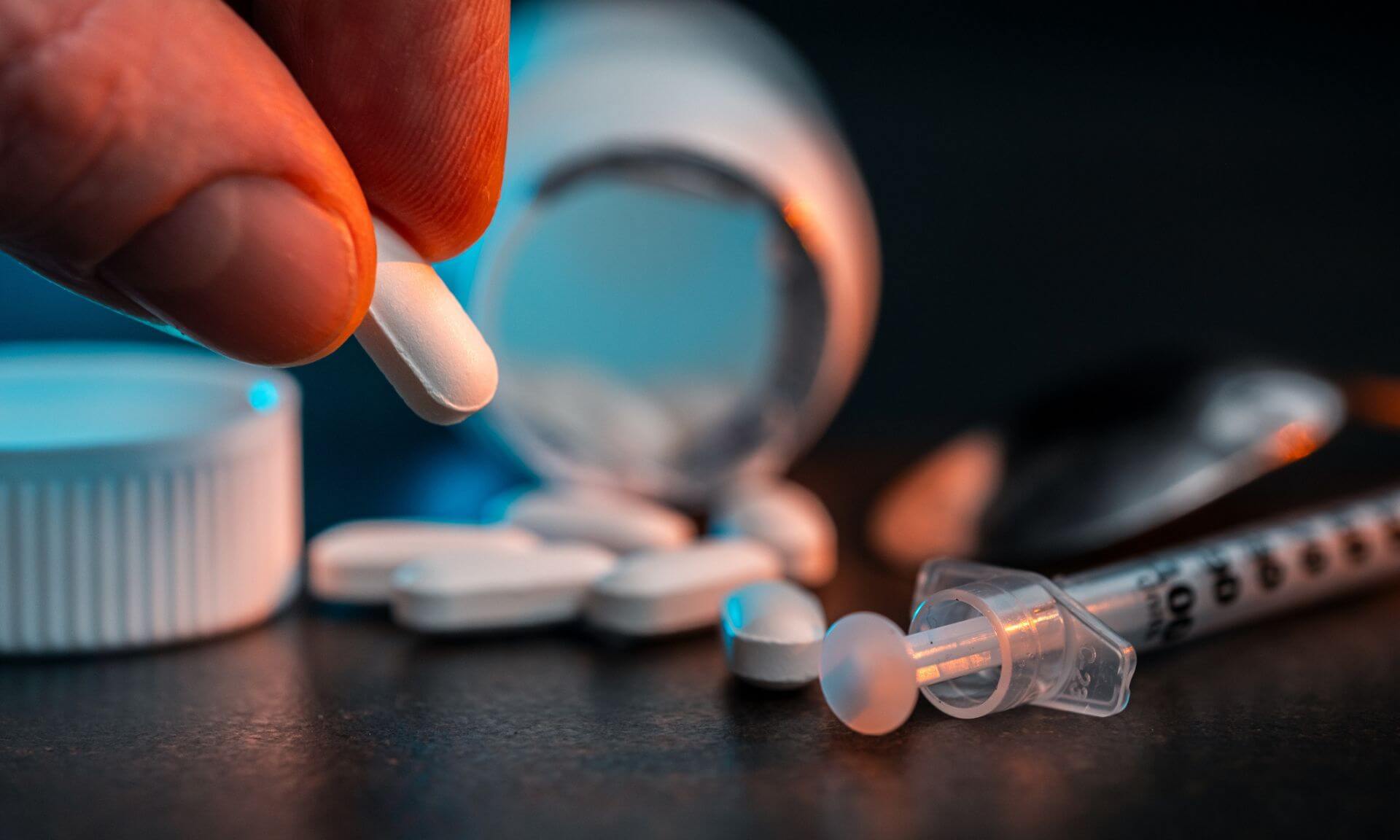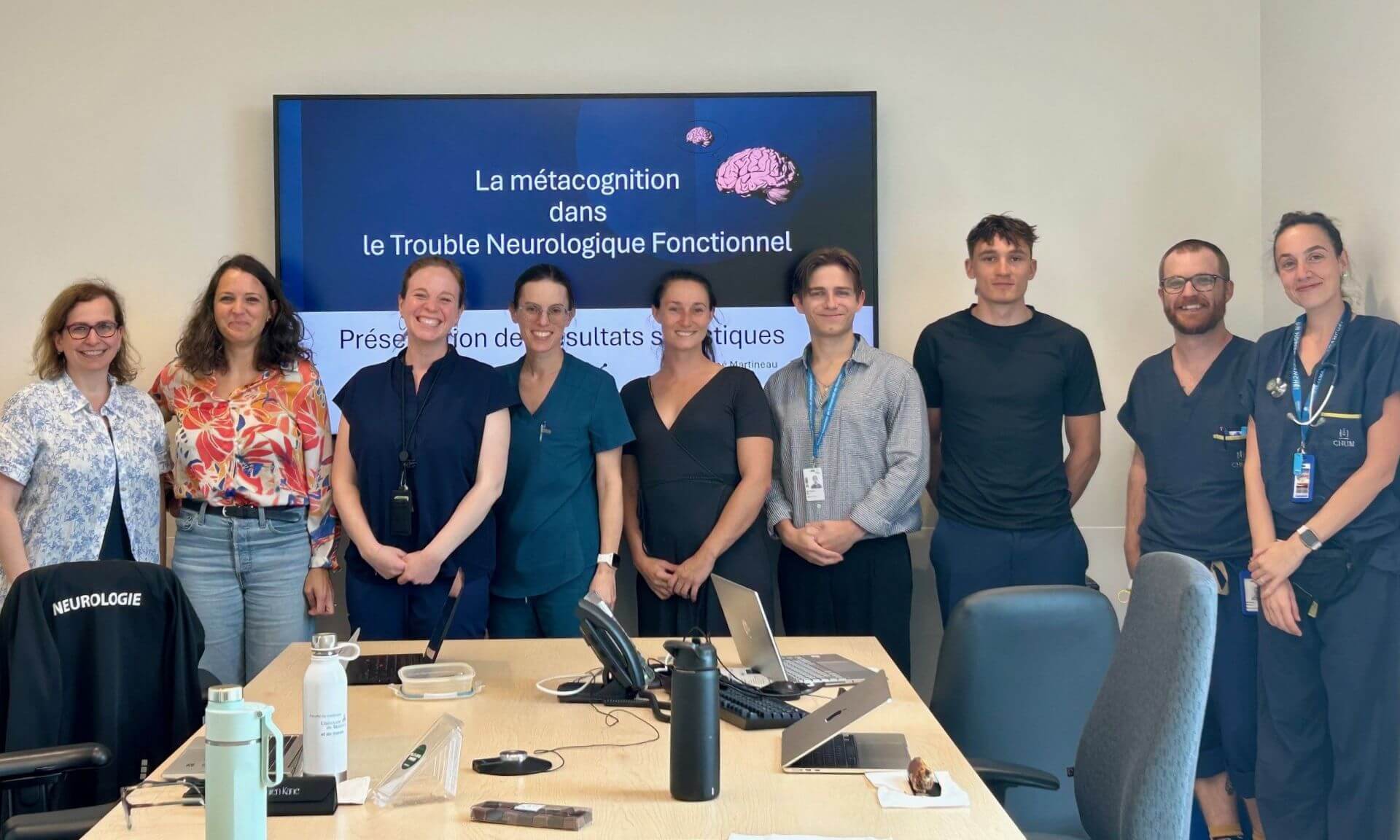Making an impact on the lives of cardiovascular patients

Eleven clinical trials will shape the immediate future of medicine in 2024, according to the scientific journal Nature Medicine – and a key figure behind one of them is Université de Montreal medical professor and Montreal Clinical Research Institute researcher Nabil G. Seidah.
To identify the clinical trials with the greatest therapeutic potential, the journal asked leading international researchers to name those they think will be most likely to result in concrete advances in medicine in 2014, with answers ranging from a vaccine against HIV to artificial-intelligence tools for patient triage.
A trial stemming from Seidah's discovery of the role of the proprotein convertase PCSK9 in cardiovascular disease was cited by the first of those experts, Amit Khera, a cardiologist at Brigham and Women's Hospital, lecturer at Harvard Medical School and vice-president of genomic medicine at Verve Therapeutics.
‘’If ever there was a need to demonstrate the importance of the impact of Nabil Seidah's work on the whole field of modern medicine, and its positive impact on human health, this citation is further proof," said IRCM president and scientific director Jean-François Côté.
1 in every 300 people
Around one in every 300 people is born with heterozygous familial hypercholesterolemia, one of the most common inherited genetic conditions. The disease is caused by mutations in the three genes LDLR, APOB or PCSK9.
PKSK9 encodes a protein that breaks down receptors for low-density lipoprotein (LDL), a type of cholesterol found in the blood. Statins can reduce the risk of cardiovascular disease in these patients, but most under chronic treatment fail to achieve optimal LDL cholesterol levels.
Verve Therapeutic is conducting a global, phase-1b clinical trial called heart-1 that is the world's first human study of in vivo DNA base editing, and has the potential to demonstrate proof-of-concept for base-editing therapeutic approaches targeting Seidha's discovery, PCSK9, to sustainably lower LDL cholesterol.
Known worldwide
Seidah is known worldwide as the scientist responsible for the discovery and cloning of seven of the nine known secretory serine proteases belonging to the proprotein convertases.
Proprotein convertases are essential for the regulation of the neural and endocrine systems, and for the proper functioning of many peripheral organs, including the liver, pancreas, pituitary gland and heart, as well as the cardiometabolic and immune systems.
Proprotein convertases have been identified as therapeutic targets for viral infections, inflammation, hypercholesterolemia and cancer. Seidah's work, which has already been the source of groundbreaking cholesterol drugs, therefore holds great potential for the future development of innovative therapies.



